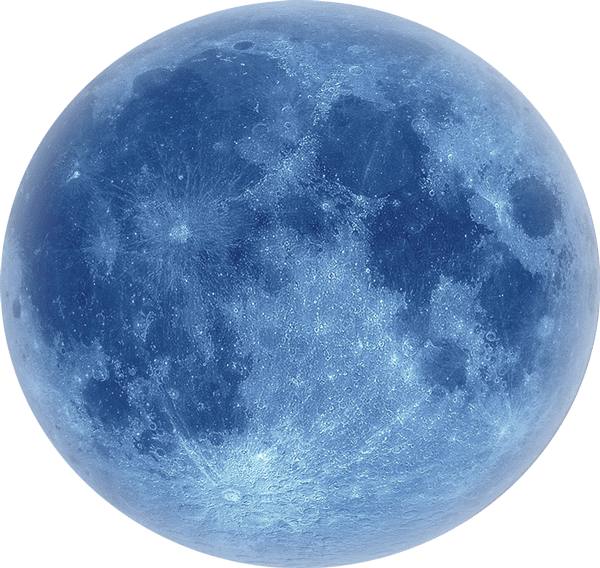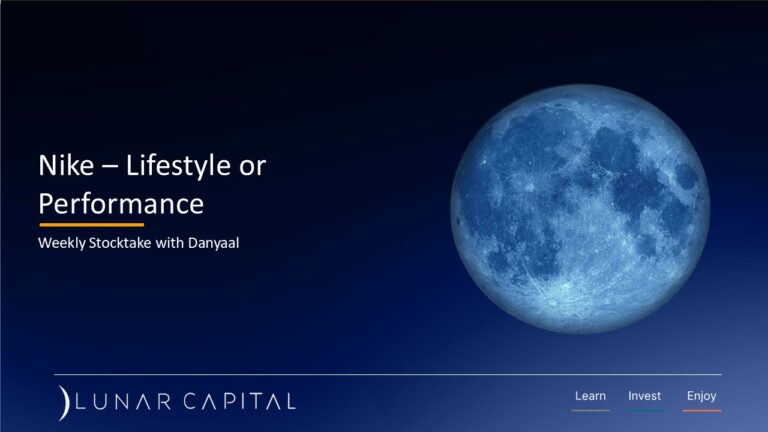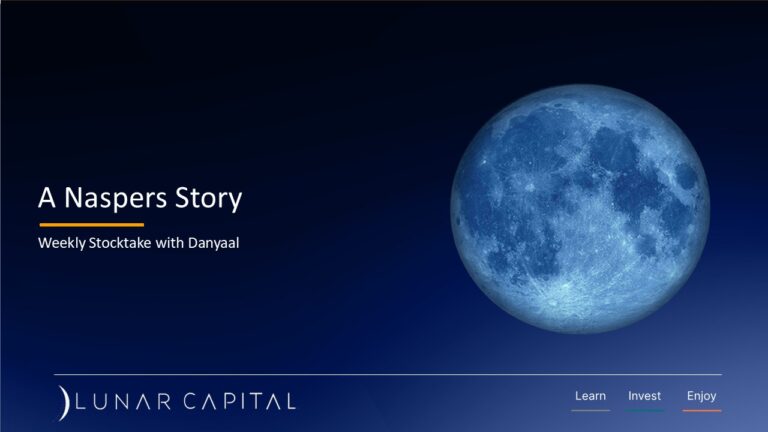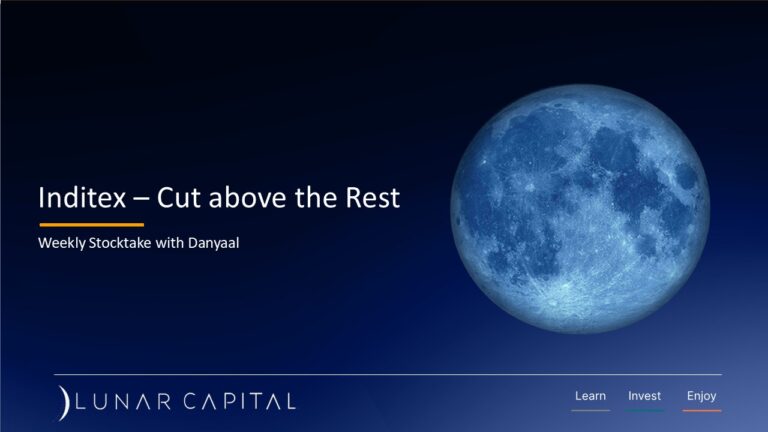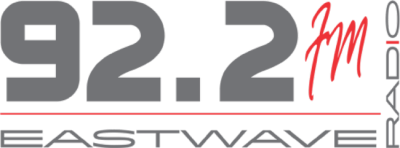Weekly Stocktake with Danyaal
17 February 2023
Key Indicators
| Index / Fund / Rate | Start of Year | Last week | This Week | % change YTD |
|---|---|---|---|---|
| JSE ALSI | 73 049 | 78 985 | 79 272 | 8.52% |
| NASDAQ Composite | 10 467 | 11 718 | 11 787 | 12.61% |
| S&P 500 | 3 840 | 4 090 | 4 079 | 6.22% |
| Prime Lending Rate | 10,50% | 10.75% | 10,75% | 2.38% |
| Lunar BCI WW Flexible Fund | 141,43 | 154.72 | 156.40 | 10.58% |
| USD/ZAR | 16,98 | 17.90 | 18.04 | 6.24% |
| EUR/ZAR | 18,44 | 19.11 | 19.30 | 4.66% |
| Brent Crude ($’barrel) | 85,95 | 86.43 | 82.97 | -3.47% |
Source: Iress
Gucci’s Gang
Last week Wednesday, Kering, the owner of luxury brands including Gucci, Yves Saint Laurent, Bottega Veneta, and other houses published their annual results. Their revenue and net profit for the year increased by 15% to €20.35 billion and €3.72 billion, respectively.
The performance of the different brands under in Kering’s portfolio differed. Gucci, which accounts for approximately 50% of Kering’s revenue, experienced an 8% increase in revenue compared to 2021. In contrast, Yves Saint Laurent (YSL) and Bottega Veneta, which together make up 25% of Kering’s revenue, saw revenue increases of 31% and 16%, respectively. Both YSL and Bottega Veneta have healthy operating margins. Gucci has higher operating margins than YSL and Bottega Veneta, but this has been declining over a 5-year period.
Luxury brands face a delicate balance between increasing revenue, which can be achieved by boosting their product offerings, versus preserving the exclusivity of their brand. If they flood the market with too many products too quickly, it can dilute the scarcity value and erode their brand. Despite this, the materials and resources used to create luxury items are not necessarily scarce. This is evident in the high gross margins luxury brands enjoy. Kering, for example, maintained an average gross margin of 74% over the past five years.
Gucci has faced a bit of difficulty over the last few years. China, which is one of Gucci’s biggest markets only came out of Covid lockdown this December. Gucci also abruptly lost their creative director, Alessandro Michele, in November last year. Sabato De Sarno is set to take over as creative director in Q2 later this year. The effect of his creative vision will only be seen in next year’s results.
When the Covid pandemic hit, Kering made the decision to reduce their marketing expenditure, which differed from the approach taken by other groups, like LVMH Moet Hennessy Louis Vuitton (LVMH). Consequently, LVMH’s brands were able to capture a considerable market share in recent years (through increased consumer spend, and acquisitions.) Additionally, athleisure brands also seized a portion of the luxury-spending market during the pandemic.
Kering has faced setbacks recently. Nonetheless, the company still owns strong luxury brands in its portfolio. With the reopening of China and the imminent arrival of Gucci’s new creative director, Kering may have an opportunity to turn their business around.
LVMH is held in our Lunar Offshore Portfolio.
Connect with us on social media:
LinkedIn: https://bit.ly/413pDnr
Facebook: https://bit.ly/3ScL7Km
Instagram: https://bit.ly/3ICEjCJ
Lunar Capital on Eastwave Radio
Every Tuesday, at 07h45, Sabir chats with Nazia from Eastwave Radio (92.2 fm, live stream on www.eastwave.co.za) on investing and the markets.
Click here to access your account to view statements, obtain tax certificates, add, or make changes to your investments.
Our email address is: [email protected]
Read our full Disclosure statement: https://lunarcapital.co.za/disclosures/
Our Privacy Notice: https://lunarcapital.co.za/privacy-policy/
The Lunar BCI Worldwide Flexible Fund Fact Sheet can be read here.
This roundup is prepared for the clients of Lunar Capital (Pty) Ltd. This roundup does not constitute financial advice and is generated for information purposes only.

